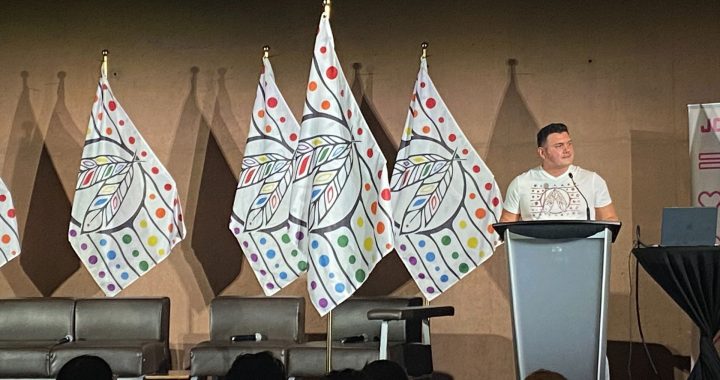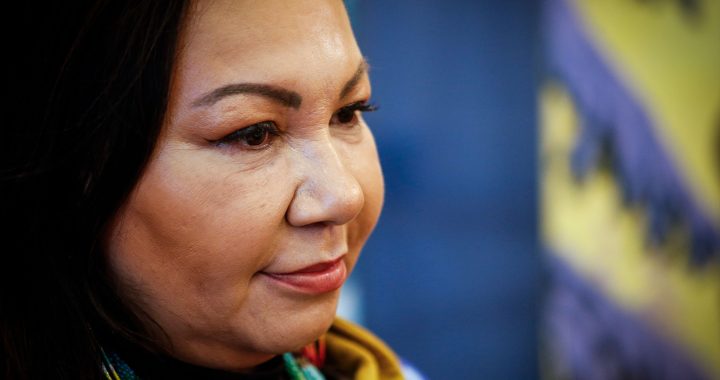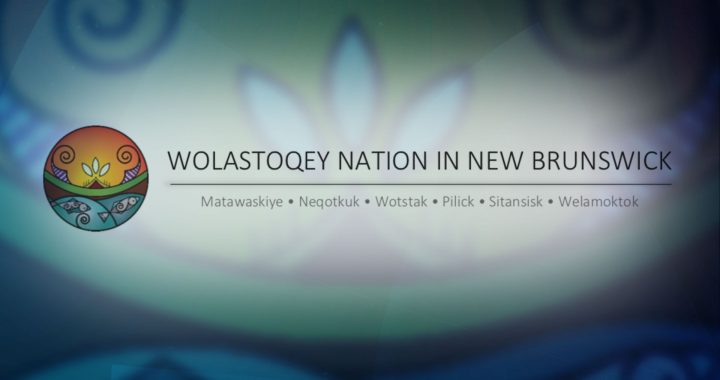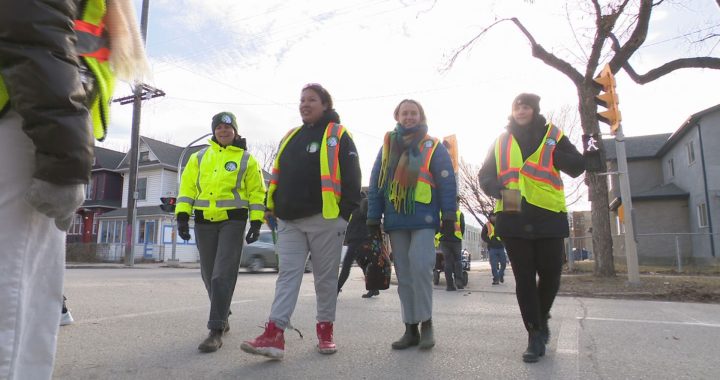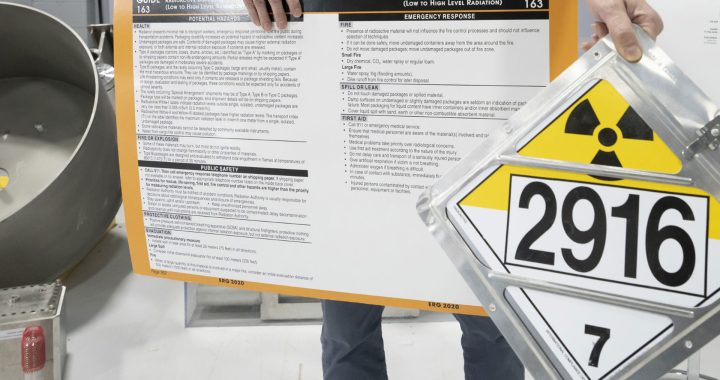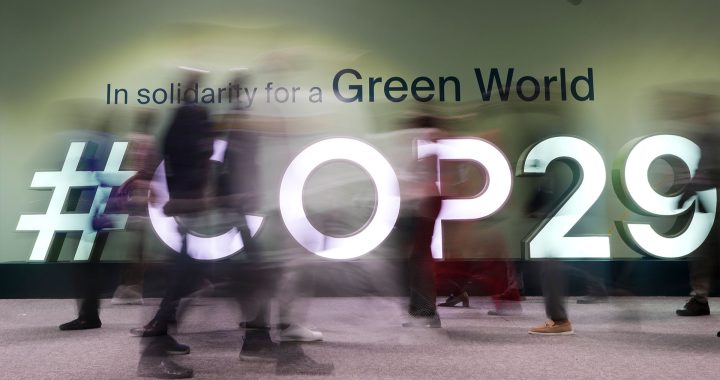Prime Minister Justin Trudeau says he is confident Canada is moving forward on reconciliation but it will take time to undo the country’s colonial past.
“The first thing is to understand where people are coming from,” he told APTN News in an interview on Friday. “While residential schools were busy trying to teach Indigenous kids that they had no value, that their languages had no value – every other school in this country was teaching a version of that to non-Indigenous kids. So, our communities, our institutions and many citizens were raised with that mindset still a part of their present.
“And that’s wrong but when people have been taught that all their lives, it takes time to bring them along and we’ve seen every year more Canadians stepping up to be part of that path of reconciliation.”
Trudeau was on hand in Ottawa for the National Day for Truth and Reconciliation event held at Lebreton Flats, an area to the west of downtown.
In 2021, the federal government passed legislation making Sept. 30 a national holiday.
It is coming up on seven years since Trudeau was first elected prime minister.
During the 2015 federal election, the Liberals campaigned on reconciliation with Indigenous peoples as one of their major priorities.
The party formed government shortly after the release of the final report of the Truth and Reconciliation Commission and a few months after that the Liberals committed to holding an inquiry into missing and murdered Indigenous women and girls.
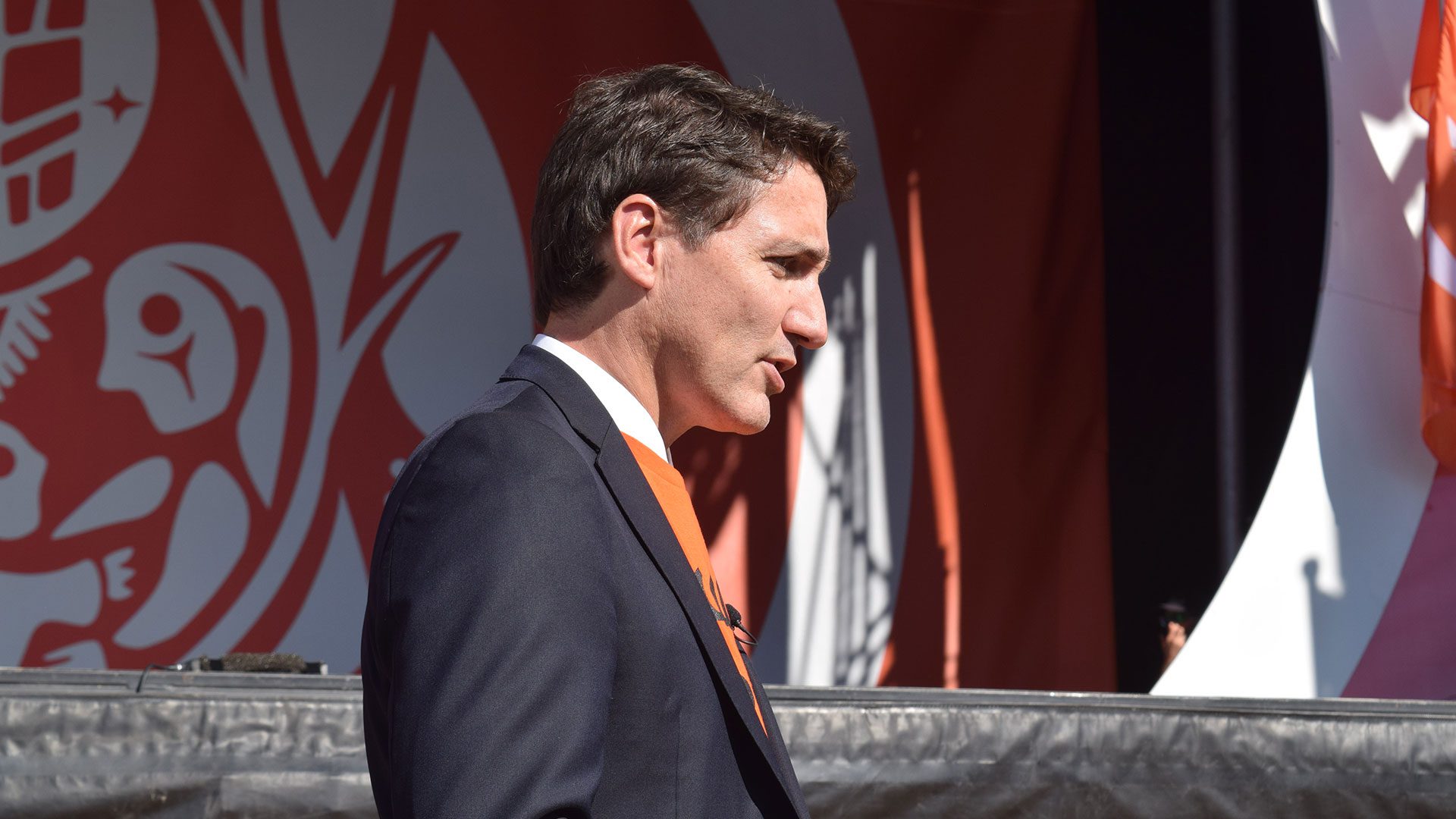
However, in spite of what appears to be good intentions, the Trudeau government’s progress on Indigenous issues has been slow.
Many First Nations communities continue to lack access to clean drinking water and Indigenous people in general remain amongst the poorest in the country.
Most of the calls to action from the Truth and Reconciliation Commission remain unfulfilled as do the calls to justice in the MMIWG final report.
The prime minister admitted progress has been slower than he would have liked but said he believes things are moving forward.
“I am hugely impatient to do even more. I think the speed of reconciliation is something we are always going to have to contend with but as Murray Sinclair pointed out today, what took generations to break in terms of relationships in terms of community, is going to take generations to heal. But there are things we have been moving very quickly on but there’s always more to do.”
Hundreds of people marched on Friday from Parliament Hill to Lebreton Flats where the National Day for Truth and Reconciliation event was held.
The roughly hour-long program featured a number of Indigenous performers, presentations from survivors and speeches from prominent guests such as Governor General Mary Simon, former TRC chair Murray Sinclair, National Centre for Truth and Reconciliation executive director Stephanie Scott and Kitigan Zibi Elder Claudette Commanda.
Last year the prime minister faced harsh criticism for failing to respond to an invitation from the Tk’emlups te Secwépemc First Nation to attend truth and reconciliation events in Kamloops, B.C.
The invitation came just months after what are believed to be hundreds of unmarked graves were discovered on the site of the former Kamloops Indian Residential School.
Instead, Trudeau spent the day vacationing with his family in Tofino.
On Friday, Trudeau said it is still something he regrets.
“Absolutely I wish I had been in Kamloops. It was a really important time. I did go a few weeks later and meet with survivors as I continue to meet with people throughout the year.
“But today was a really important moment to reflect on the kids we lost, kids families lost, survivors, reflect on the ongoing impact of residential schools.”




